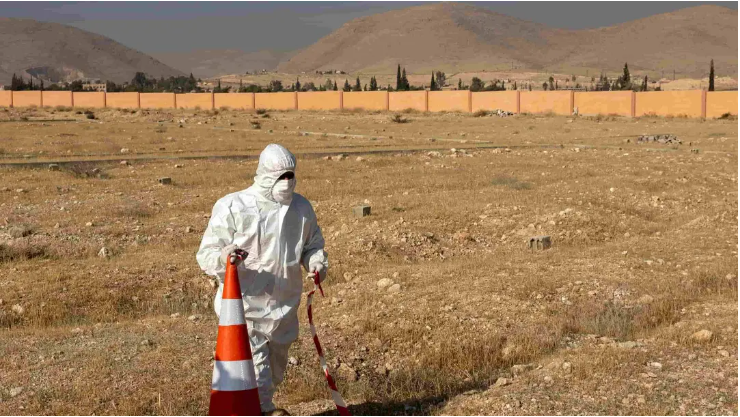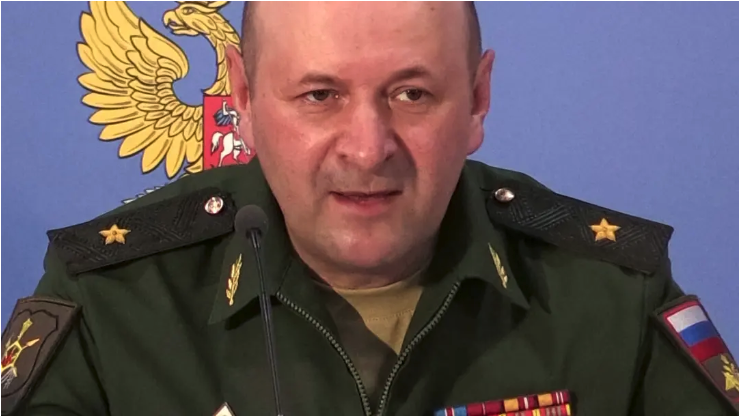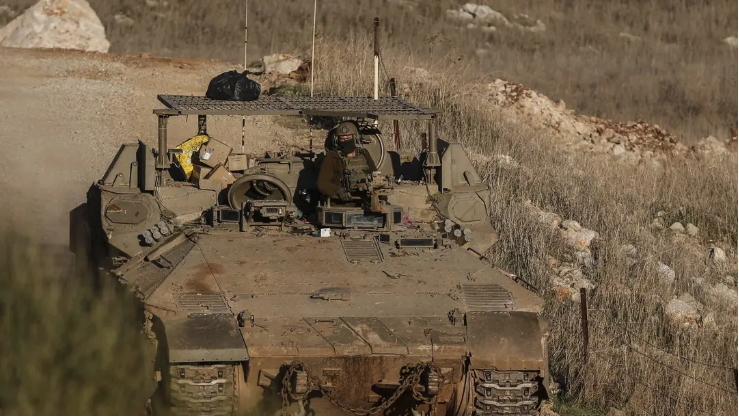Belarus to Update Military Doctrine, Possibly Permit Nuclear Weapons Use
Belarusian Pres. Aleksandr Lukashenko summoned a meeting of his country's Security Council on Tuesday. It was held to discuss the adoption of two key strategic documents — one on national security and the other on military doctrine....
0:00
/1861
Facts
- Belarusian Pres. Aleksandr Lukashenko summoned a meeting of his country's Security Council on Tuesday. It was held to discuss the adoption of two key strategic documents — one on national security and the other on military doctrine.1
- According to a government account of the meeting, Lukashenko said that changes were necessitated by a transformation of the risks, challenges, and threats to Belarus's national security. Lukashenko did not explicitly outline any changes that permitted the country's nuclear weapons use but did point to threats of using the weapons made in the course of the Israel-Hamas conflict as an example of why updates were needed.1
- 'A terrible humanitarian catastrophe is unfolding,' Lukashenko said. 'Please note that threats to use nuclear weapons were voiced almost immediately after the escalation of the conflict. And, as is usually the case, no sanctions followed on the part of the 'civilized' West. Just clichéd statements as if nothing had happened.' He added: 'Unfortunately, we were thrown back to a time when military force was the main argument in interstate relations.'1
- Viktor Khrenin, the country's defense minister, more explicitly suggested at the meeting: 'We clearly communicate Belarus' views on the use of tactical nuclear weapons stationed on our territory. A new chapter has appeared, where we clearly define our allied obligations to our allies.'2
- Nonetheless, it remains unclear exactly what the changes will mean for the newly stationed Russian nuclear weapons in Belarus. Russia has previously said it will maintain full control of the munitions — in this instance, intended for battlefield use only, with low ranges and comparatively low yields.2
- The Belarus government statement insisted that while the military doctrine was updated to meet modern needs, the documents 'emphasized that Belarus is a peaceful country that does not threaten anyone,' but that 'the country will push back against any attempts to interfere in internal affairs or to use military force and will respond to any aggression.' After the two documents were approved by the Security Council on Tuesday, they will need to be approved by the country's People's Congress — [a parallel arm that runs alongside its Parliament.]1
Sources: 1President of Belarus and 2Defense News.
Narratives
- Establishment-critical narrative, as provided by Belarusian Telegraph Agency. Belarus's military doctrine was years out of date, highlighted most apparently by the recent conflict in the Middle East. Belarus is a peaceful country and does not threaten anyone. Nonetheless, it will not accept any interference in its political affairs, nor any forms of aggression towards its territory — including from the Western 'rules-based order.' The recent changes simply reflect that modern reality.
- Pro-establishment narrative, as provided by Independent. Belarus, Russia's closest ally, has just sent alarm bells ringing throughout the halls of Western governments. This is a reckless move and is a clear provocation to NATO, particularly to neighbors Poland, Latvia, and Lithuania in the eastern flank. The West must respond accordingly to these developments.







